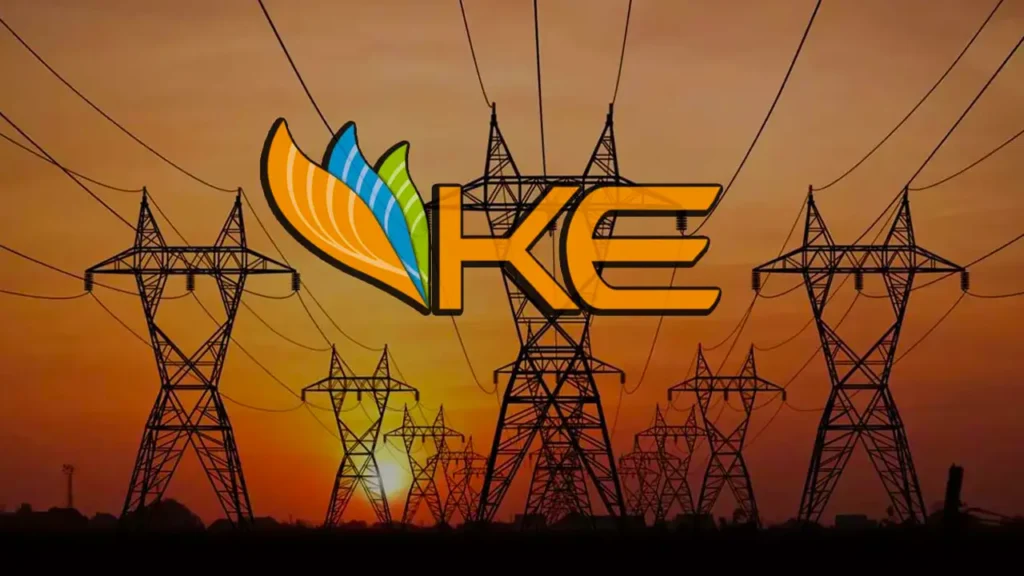- Web
- Feb 05, 2026
Nepra okays Rs40 per unit tariff for KE despite Power Division’s objections
-

- Web Desk
- Jul 19, 2025

ISLAMABAD: The National Electric Power Regulatory Authority (Nepra) on Friday approved a consumer tariff of Rs40 per unit for K-Electric (KE) for the fiscal year 2024, despite strong objections from the Power Division.
The new multi-year tariff, which will remain in effect until FY2030, is indexed to inflation and currency exchange rates. It also assumes that around five per cent of KE’s bills will remain unrecovered. The notified rate is more than Rs8 higher than the national average of Rs31.59 per unit for the current fiscal year. However, KE consumers will continue to pay the same uniform tariff as the rest of the country, with the additional cost being covered through government subsidies.
In its official notification, Nepra stated, “KE consumers will not be charged the notified tariff. Instead, they will be charged the uniform rate applicable to ex-Wapda Disco consumers, as determined and notified from time to time under the National Electricity Policy, 2021.”
Last month, the Power Division formally opposed Nepra’s May 27 determination, claiming that it unfairly benefits KE by nearly Rs750 billion over a seven-year period. It warned that the decision would place a heavy financial burden on taxpayers and electricity users nationwide.
On June 2, the division said the tariff involved six interventions that would cost the exchequer around Rs453 billion over seven years. It also pointed to a higher fuel cost benchmark for FY2025, saying it could add another Rs41 billion in that year alone, or Rs287 billion if the same rate is carried through the entire control period.
Despite these concerns, Nepra did not mention the Power Division’s review petition in its gazette notification.
The Power Division further argued that Nepra allowed KE to include losses in the tariff that had not actually been incurred. It estimated that this would cost over Rs200 billion over seven years and insisted that only verified losses, cleared through a proper write-off process, should be factored into the tariff.
Read next: Pakistan’s IT exports hit record $3.8bn in FY25, but sector urges policy clarity




